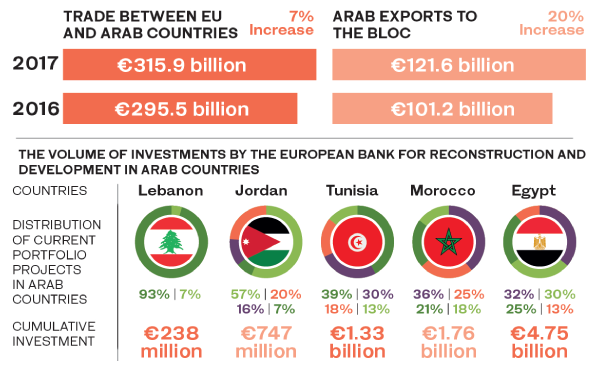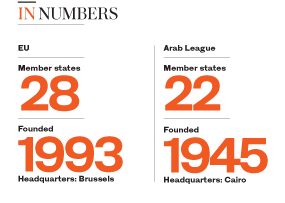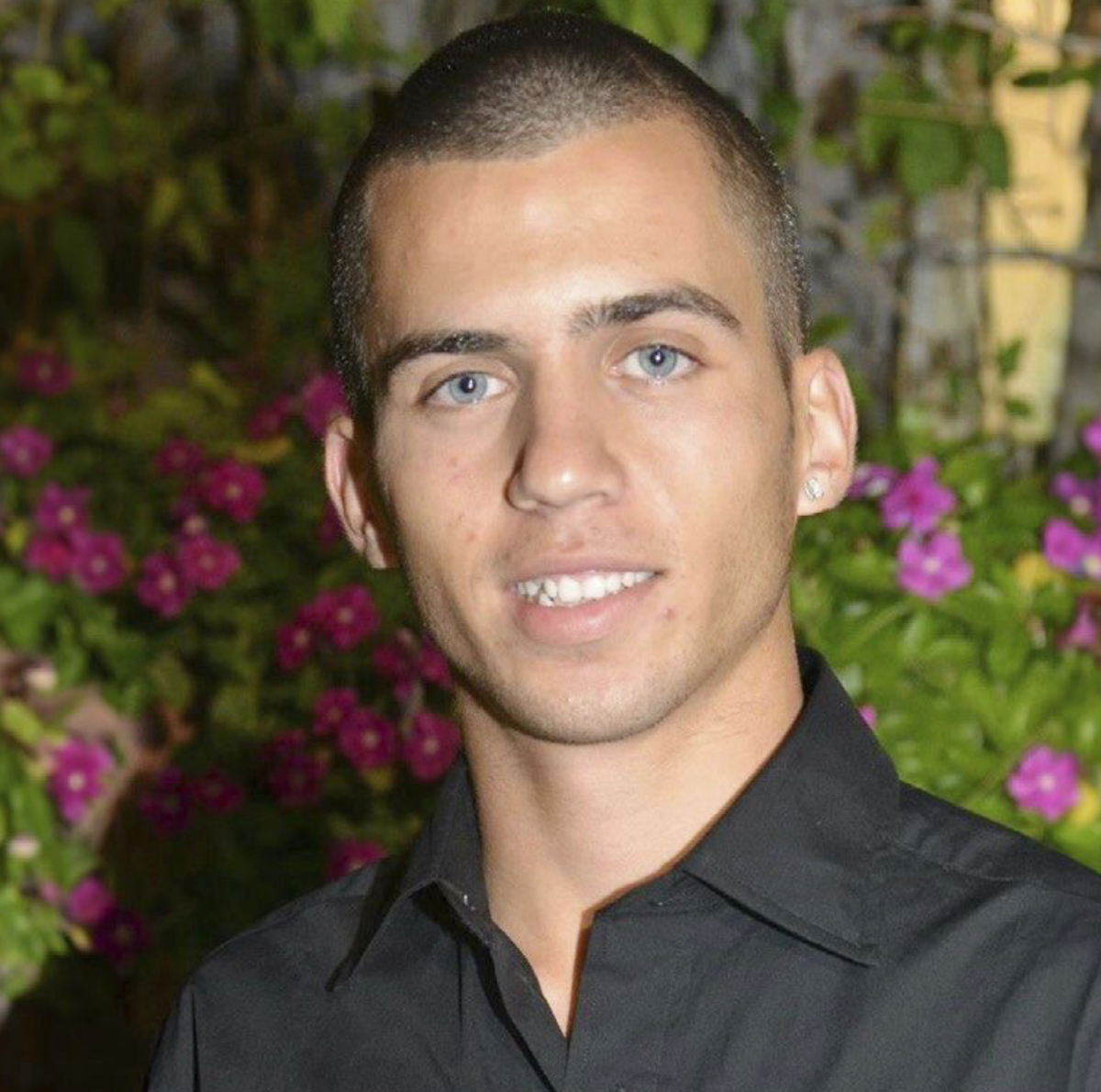SHARM EL-SHEIKH: Saudi Arabia's King Salman joined leaders from Europe and the Middle East in the Egyptian Red Sea resort of Sharm El-Sheikh on Sunday night for the first EU-Arab League Summit.
“Relations between the Arab world and the EU have a long history at all political, security, economic and cultural levels, as well as geographical interdependence,” he said in his opening remarks. This “necessitates the parties to strengthen their relations in all fields, and achieve the common interests and aspirations of their peoples to ensure a dignified life free from conflict,” he added.
The king said the Palestinian cause is a priority for Arab countries, reminding delegates of the Saudi position and his country’s “firmness” toward restoring all the legitimate rights of the Palestinian people.
The Kingdom stresses the importance of a political solution to the Yemeni crisis on the basis of the Gulf initiative and the results of Yemeni national dialogue and UN Security Council Resolution 2216,” he added.
The king blamed Iran for the current situation in Yemen, saying Tehran’s support for Houthi militias “and others in the region, its aggressive practices and blatant interference in the affairs of other countries,” require “a unified international position to abide by the rules of good neighborliness and international law.”
He entered the summit center with Egyptian President Abdel Fattah El-Sisi, who is co-chair of the two-day meeting with EU President Donald Tusk.

“I’m aware that there are differences between us. We’re not here to pretend that we agree on everything, but we face common challenges and have shared interests,” Tusk said in his opening remarks. “We’re here to strengthen our cooperation for the benefit of our peoples. We need to do this together and not leave it to global powers far from our region. I look forward to our open and honest discussions over the next two days.”
The event, attended by delegates from 47 countries, aims to bolster Arab-European ties and address a wide range of common challenges.
Among the issues on the leaders’ agenda are multilateralism, trade, investment, migration and security.

EU foreign policy chief Federica Mogherini said the gathering in Egypt of around 40 heads of state and government is about much more than migration. EU sources said the first EU-Arab Summit is all the more important as the US “disengages” from the region while Russia and China make inroads.
“We don’t want to see this vacuum soaked up by Russia and China,” one of the sources told AFP.
There was one plenary session on Sunday night, on enhancing Arab-European partnership and addressing global challenges, before a “family photo” and dinner.
The summit continues on Monday with a “restricted session” on regional challenges and a second plenary session in the afternoon.
On the sidelines of the summit, Arab News caught up with Saudi Trade and Investment Minister Majid Al-Qasabi. “Having summits like these bridge, bond, improve and enhance communication between the two continents and sides, European and Arab,” he said.
“There’s no doubt that this is a very positive step and enhances the communication highway. At the end of the day, our political and economic issues are always addressed through such forums.”


























